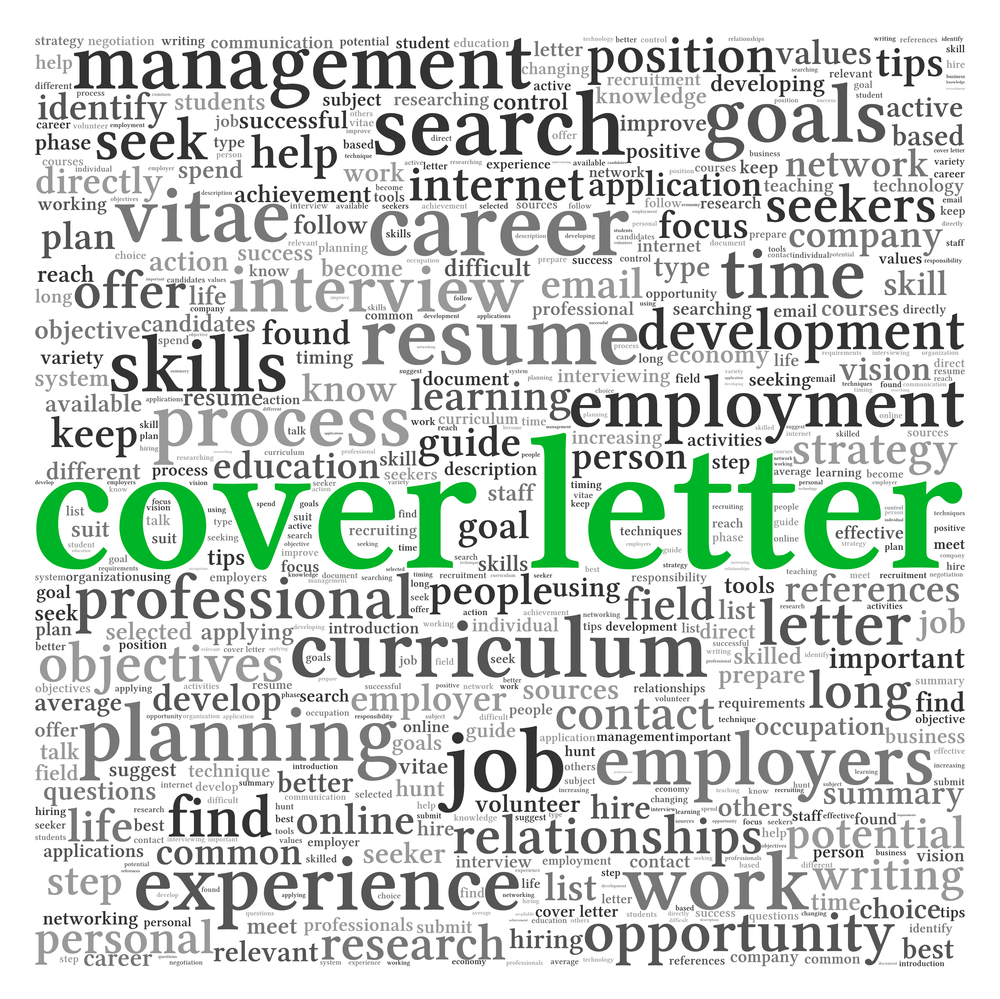After a packed semester, winter break may come as a relief. However, as much as you look forward to some time off, you may soon feel bored due to the lack of activity. The good news is there is no shortage of things you can do, both while you’re still at school and when you’ve returned home. Here are some ideas to consider.
1. Ice Skate
If you’re looking for a new activity to keep you in shape over the winter, go to your local ice rink. There may be discounts for students and you may even be able to skate for free during events like ugly sweater day.
2. Go Sledding in the Park
Another option to keep active is sledding — although this barely feels like exercise because you’re having so much fun. Head to a park that has a good hill with something flat to sit on.
3. Throw a Holiday Party
Say goodbye to your college friends with a party in your student apartment or have a get-together when you’re back home as a chance to reconnect with hometown friends. Whatever you do, there’s no need for it to be a big event. However, classic holiday tunes (perhaps with some karaoke), Santa hats, and plenty of food are all musts.
4. Do Some Baking
Baking treats is a great way to spread holiday cheer. If you bake a big batch, you’ll be able to deliver some to each of your friends and still have enough left over for your family. Baking cookies can also be a great social activity, as you can have fun decorating them together.
5. Have a Holiday Movie Marathon
Another relaxing social activity to do with friends or family is to watch all your favourite seasonal movies. This is a great option for right after you finish baking because you’ll have snacks for the evening.
6. Find the Best Light Displays
Take a drive around the neighbourhood to find which houses have the best light displays. You could even do this in both your college town and when you’re back home.
7. Organize a Secret Santa
If you have a big group of friends and are worried you don’t have the budget to buy everyone a gift, an ideal solution is a secret Santa. This is extra fun if you have a theme or you try to guess who gifted each present.
8. Contribute to the Big Meal
In previous years, you may have left the big holiday meal to other family members. This year, take an active role by learning to cook at least one dish. You may like to prepare a family recipe or you could introduce something new to the table.
9. Find a Volunteer Opportunity
If you want to fill your days with meaningful activity, search for ways to volunteer over winter break. There may be local fundraisers happening, you could donate or collect items for holiday drives, or you could lend your time to a charity like a soup kitchen.
10. Make a Bonfire
There’s nothing more satisfying on a cold winter’s evening than a bonfire. If you have access to a fire pit, you can host a bonfire yourself. Make it complete by preparing s’mores and hot chocolate.
One more thing you could do over the winter is search for rooms for rent. Barrie students can find premier student apartments at Arcadian Students. Our brand new housing community has everything you need to thrive next semester, including your own room with a desk, onsite study rooms, a fitness center, and much more. Plus, you’ll be just a 10-minute walk from campus, meaning it will be easy to make it to class on time. Contact us for details about our leases.













